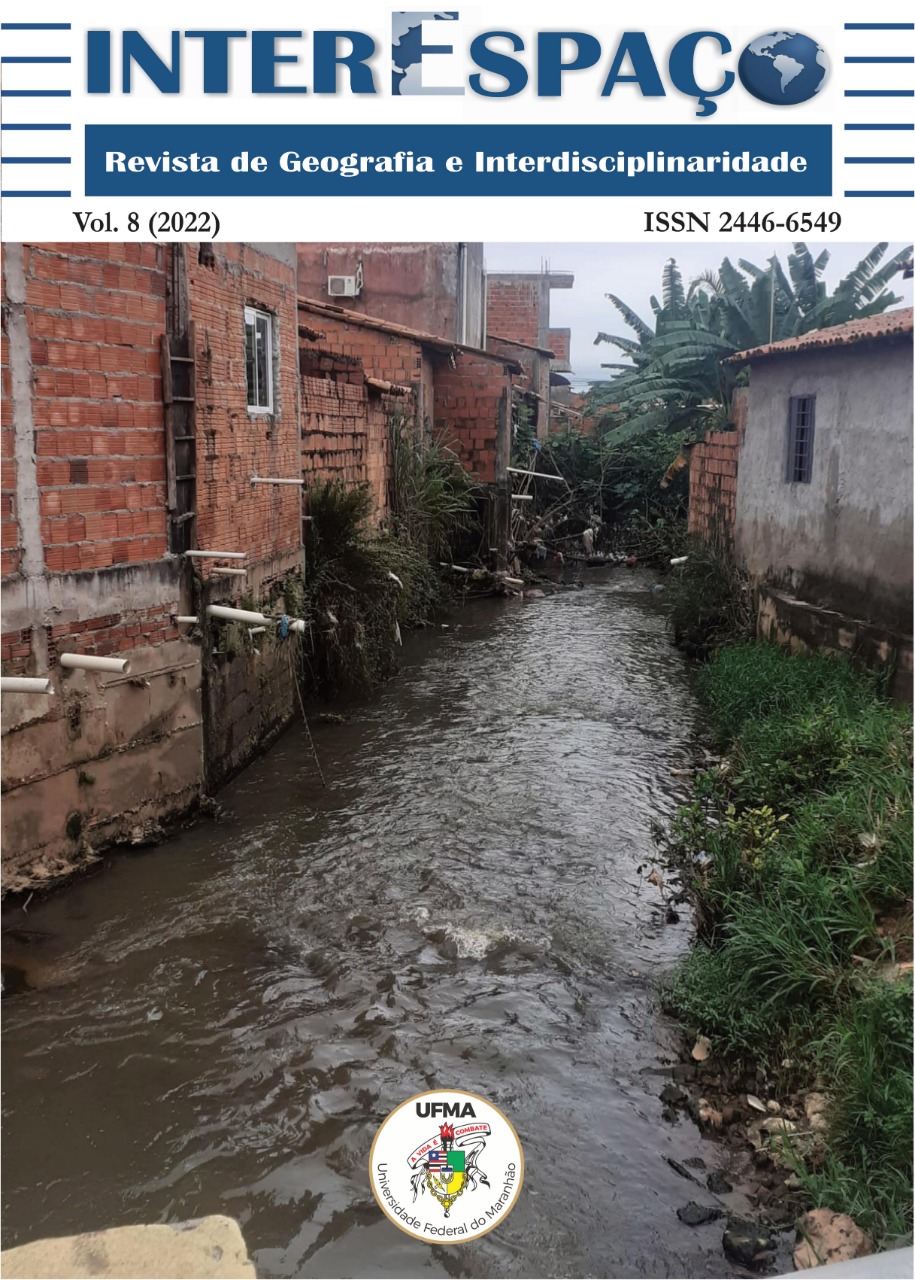OBTAINING SEMANTICALLY SIMILAR TERMS OF SPATIAL RELATIONS IN NATURAL LANGUAGE
DOI:
https://doi.org/10.18764/2446-6549.e202211Keywords:
Spatial Relations, Natural Language, Location Descriptions, Brazilian PortugueseAbstract
People present in spoken/written natural language different descriptions for the same region, and may use more than one spatial relation term. With technological advances, spatial relations have become a source of multidisciplinary studies. However, most studies refer to research with topological spatial relations, while in natural language the spatial relations are widely used in people's daily lives and do not correspond only to topological terms. Thus, the aim of this work is to investigate the use of various terms of spatial relations in location descriptions of people's routines and to find their semantically similar terms, in the context of computational applications for spatial analysis. In addition to collecting and processing data, the methodology consists of the elaboration and application of rules to identify the semantically similar terms of spatial relations. The results show that these rules served as filters of the terms and they facilitated the final analysis of the terms found. Additionally, the rules can be applied in other languages.
Downloads
Downloads
Published
How to Cite
Issue
Section
License

This work is licensed under a Creative Commons Attribution-NonCommercial-NoDerivatives 4.0 International License.
Direitos autorais InterEspaço: Revista de Geografia e Interdisciplinaridade
Este obra está licenciado com uma Licença Creative Commons Atribuição-NãoComercial-SemDerivações 4.0 Internacional.
Os conteúdos publicados são de inteira e exclusiva responsabilidade de seus autores, ainda que reservado aos editores o direito de proceder a ajustes textuais e de adequação às normas da publicação.







